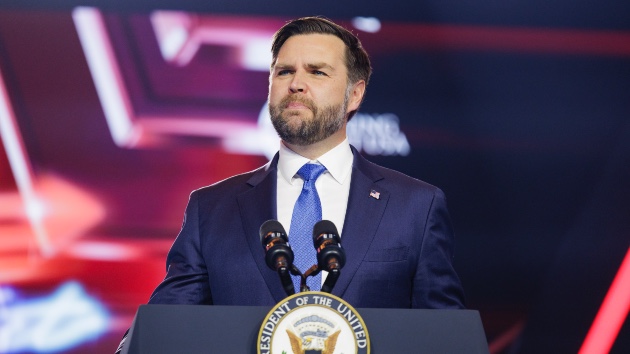Supreme Court rejects Trump’s immunity claim for ‘unofficial acts’ but grants some for ‘official’ ones
Written by ABC AUDIO on July 1, 2024

(WASHINGTON) — The Supreme Court on Monday rejected Donald Trump’s sweeping claim of “absolute” immunity from criminal prosecution in his federal election subversion case, but granted former presidents are entitled to some protections for official acts.
The blockbuster decision split the court along ideological lines. The 6-3 opinion was delivered by Chief Justice John Roberts.
“The President is not above the law,” the opinion read. “But under our system of separated powers, the President may not be prosecuted for exercising his core constitutional powers, and he is entitled to at least presumptive immunity from prosecution for his official acts. That immunity applies equally to all occupants of the Oval Office.”
But Roberts also noted that, “Trump asserts a far broader immunity than the limited one we have recognized.”
The ruling will affect whether Trump faces a federal trial this year on four felony counts brought by special counsel Jack Smith, including conspiracy to defraud the U.S. and obstruction of an official proceeding, for his attempts to overturn his 2020 election loss to President Joe Biden.
The justices are sending the case back to the lower court to determine what acts alleged in Smith’s indictment constitute official duties that could be protected from liability and which are not.
Justice Sonia Sotomayor, writing in dissent, said the majority’s decision “reshapes the institution of the presidency.”
“It makes a mockery of the principle, foundational to our Constitution and system of Government, that no man is above the law,” Sotomayor wrote. She was joined in her dissent by Justices Elena Kagan and Ketanji Brown Jackson.
Story developing…
Copyright © 2024, ABC Audio. All rights reserved.






